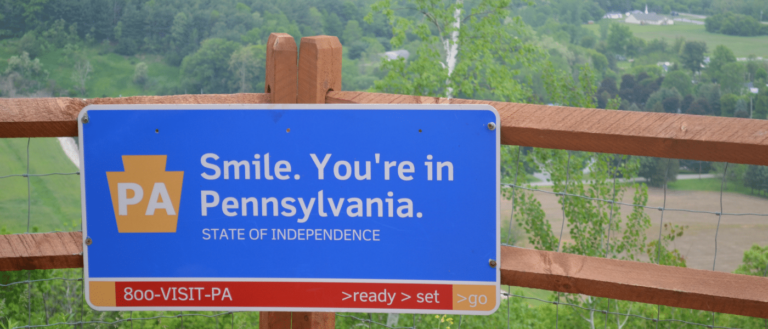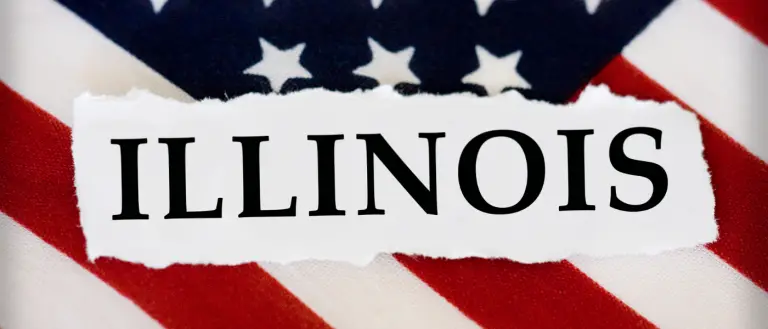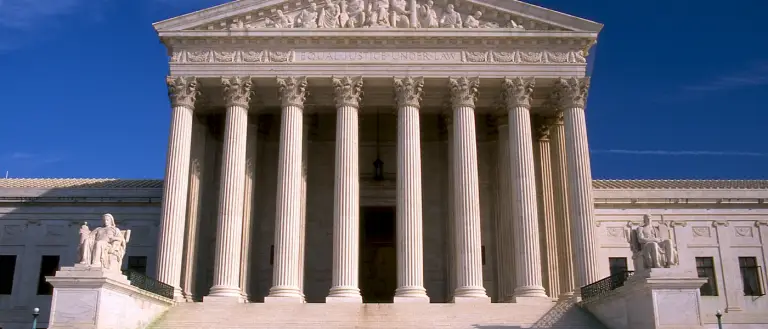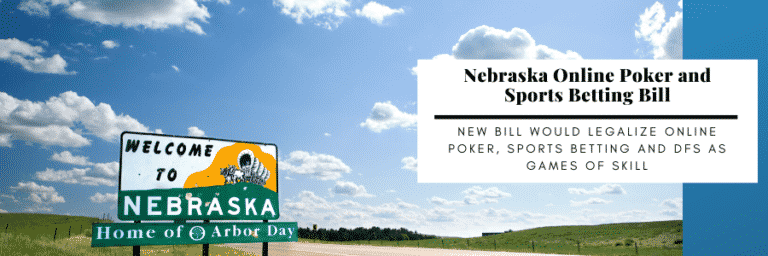West Virginia Political Betting Timeline
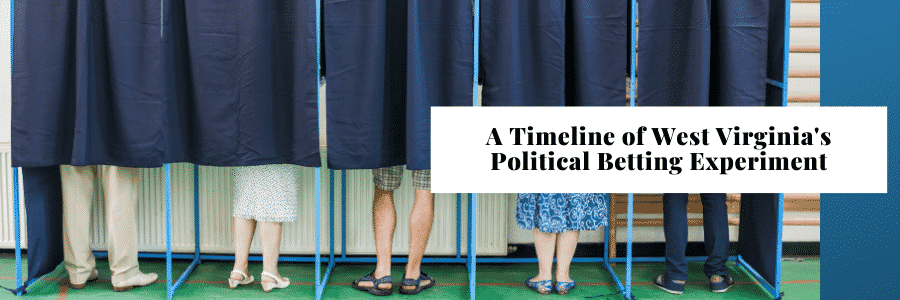
For roughly an hour, America had a legal betting option for a presidential election.
FanDuel Sportsbook in West Virginia technically became the first regulated entity to offer bets on a political event, posting lines on the 2020 presidential election. A day after lines opened, the political betting option is closed.
It will almost assuredly be a long time until – or if – FanDuel in West Virginia (or any sportsbook) will have legal political betting again.
Here’s what happened Tuesday night, as well as the historic events that explained the monumental, however brief, launch of a legal political betting option.
Breaking Down a Crazy 24 Hours
7:30 p.m. Tuesday (local time): FanDuel announces that the “2020 Presidential Election just got a bit more interesting.” It says beginning that day it will take bets on the winner of the 2020 presidential election, the Democratic nomination for president, Democratic vice president, winning party for the 2020 election and the state-by-state winning party. Lines on all the aforementioned bets are posted. Betting on state and local elections is not permitted.
7:46 p.m.: National media outlets such as ESPN laud the historic launch of legal political betting in the U.S. West Virginia Metro News reporter Jake Flatley tweets lines are live at 8:06 p.m. Lines were removed about 15 minutes after they were first posted.
8:52 p.m.: Bloomberg News reporter Eben Novy-Williams posts on Twitter that a West Virginia Lottery spokesperson told him “It is my understanding that we have been asked by the sportsbooks to allow it and it is being reviewed, but we have not given final approval yet.” By that point, political betting lines have already been taken down.
9:15 p.m.: FanDuel announces in a statement why it took down the lines: “While the markets were approved, the West Virginia Lottery has asked FanDuel to refrain from offering the markets until they have time to fully work through the implications of this new market offering.”
The West Virginia lottery follows with a statement of its own: “The markets were initially approved, however, the West Virginia Lottery has asked FanDuel to refrain from offering the markets until we have time to fully work through the implications and research it further.”
Wednesday: West Virginia Secretary of State Mac Warner tells MetroNews that presidential betting won’t happen. “I do not know the exact facts, but I can tell you it’s illegal, somebody jumped the gun, nobody should be betting on presidential elections in West Virginia or anywhere.”
That same morning, Gov. Jim Justice, whose family owns the FanDuel-affiliated Greenbrier Resort, says “I just thought it was humorous to tell you the truth, just dismissed it and went on.”
This is a terrible idea. Let’s shut this down right now and be very clear about it.
-Mac Warner
In more forceful terms, Warner denounces political betting in a statement: “Gambling on the outcome of an election has no place in our American democracy. Not today. Not tomorrow. Not ever.” In a press conference, Justice says he has reversed FanDuel’s approval to take election bets.
Historical Political Betting Timeline in the US
1868- Betting on elections flourishes after the Civil War. By the 1888 presidential election, an estimated $37.6 million (in 2002 dollars) was wagered in New York alone, according to a research paper from the Journal of Economic Perspectives. By the 1920s there were de facto political bookmakers operating out of offices on Wall Street in New York City and notable wagers were published in newspapers.
1940- Cultural attitudes, the proliferation of polling data, regulatory measures as well as the expansion of legal pari-mutuel horse racing betting in New York and across the country mitigate the interest in political betting. Newspapers stop publishing political wagers and the market fades from the mainstream of public consciousness.
1974- Congress creates the Commodity Futures Trading Commission (CFTC), which regulates derivatives including futures, swaps and other options. The CFTC grows to oversee political betting options as well.
1985 – Regulators in Nevada, the only state with widespread legal sports and casino gaming, clamp down on bets that don’t feature a sporting competition, including current events, the outcomes of television programs and elections.
1993 – The CFTC permits the Iowa Election Market, which calculates odds and prices on presidential elections for research purposes.
2006 – Lawmakers amend U.S. code to prohibit online funding for wagers, which includes risking something of value “upon the outcome of a contest of others.”
2011 – The CFTC rejects the NADEX from taking bets on the 2012 presidential and congressional elections.
2013 – Nevada legislators nix a bill to permit legal wagers on elections.
2014 – Prediction market PredictIt launches in New Zealand and is later approved by the CFTC to trade “shares” on political elections. Like The Iowa Election Market, it is allowed to operate as a non-profit research entity.
2018 – West Virginia passes legislation to take bets on sporting events, which comes into effect once the federal sports wagering ban is struck down that same year. The new law adds provisions to existing state statute permitting sports bets, but doesn’t amend an existing clause that prohibits wagers on elections. West Virginia sportsbooks take their first legal bets in September, becoming just the fifth state to do.
2020 – FanDuel announces April 7th that it is accepting bets on the 2020 presidential election. State regulators say shortly after that they are still reviewing FanDuel’s application. About an hour after lines are posted, FanDuel says it will take down its offerings as regulators review the options. The next day, Secretary of State Mac Warner says state law prohibits bets on presidential elections.
Ryan Butler is a legislation analyst for BettingUSA.com specializing in US sports betting legislation. Ryan breaks down the latest bills in each state to ensure our readers are up-to-date on where their states sit on sports betting. You’ll often find Ryan listening to committee hearings or preparing for the latest legislation based conference.



